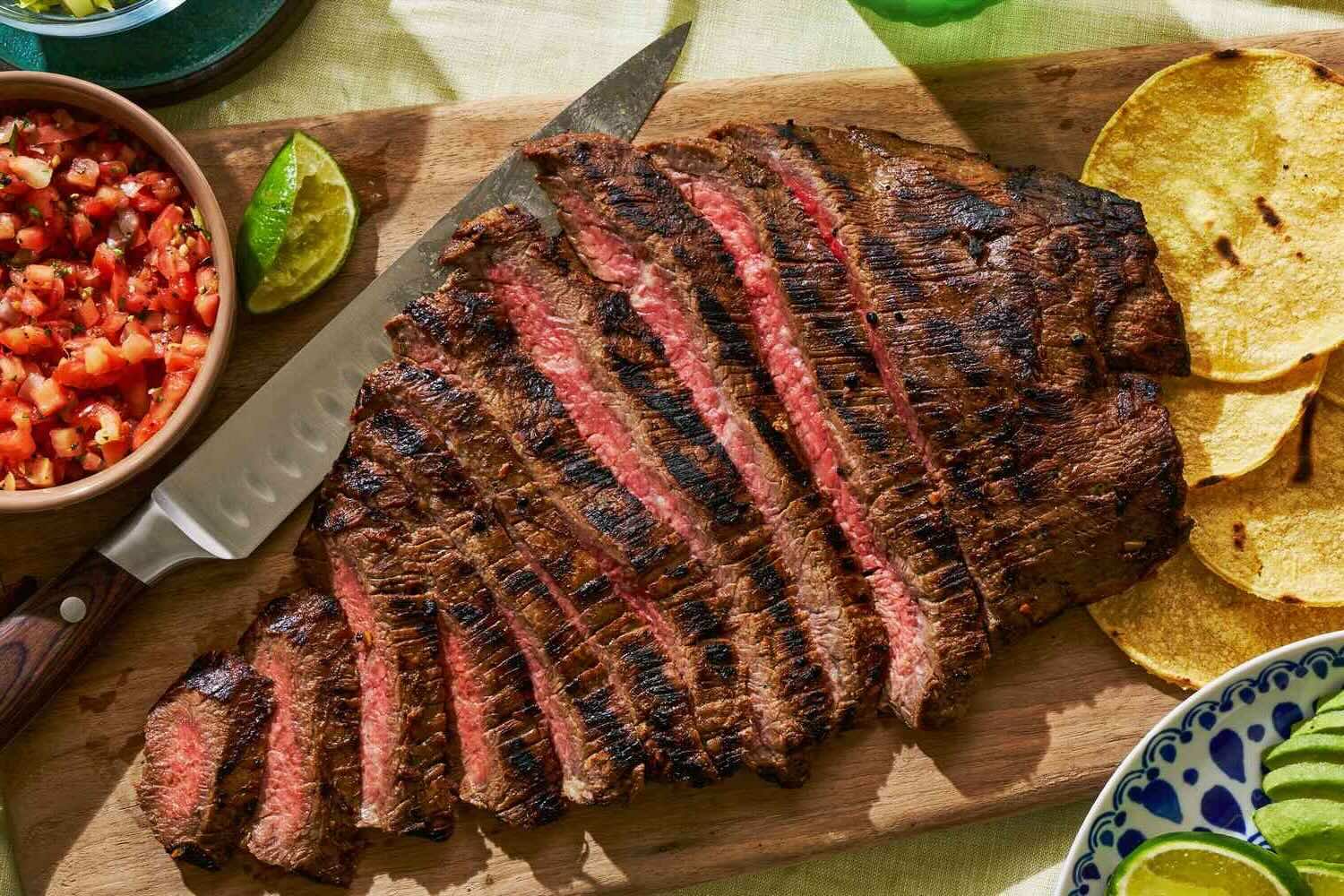
Carnegie Hall stands as one of the most iconic music venues in the world. Located in New York City, this historic hall has hosted countless legendary performances since its opening in 1891. Andrew Carnegie, a wealthy industrialist, funded its construction, aiming to create a premier space for music and culture. Over the years, it has seen the likes of Tchaikovsky, The Beatles, and Billie Holiday grace its stage. But beyond the performances, there are many intriguing facts about this landmark. Did you know it almost faced demolition in the 1960s? Or that it has its own secret apartments? Dive into these 27 fascinating facts about Carnegie Hall and discover why it remains a beacon of artistic excellence.
The Origins of Carnival
Carnival is a vibrant festival celebrated in many parts of the world. Its roots are deep and its traditions rich. Here are some fascinating facts about its origins.
- Ancient Beginnings: Carnival traces back to ancient pagan festivals, particularly those celebrating the arrival of spring.
- Christian Influence: The festival was later adopted by Christianity, becoming a period of feasting before Lent.
- Etymology: The word "Carnival" comes from the Latin "carne vale," meaning "farewell to meat," signifying the start of Lent's fasting period.
- Medieval Europe: During the Middle Ages, Carnival became a time for people to indulge before the austerity of Lent.
Carnival Around the World
Carnival is celebrated differently across the globe, each region adding its unique flavor to the festivities.
- Brazil: Rio de Janeiro hosts the world's largest Carnival, attracting millions of visitors with its samba parades and vibrant costumes.
- Italy: Venice is famous for its elegant masks and elaborate costumes, creating a mysterious and enchanting atmosphere.
- Trinidad and Tobago: Known for its energetic street parties and calypso music, this Caribbean Carnival is a sensory overload.
- New Orleans: Mardi Gras in New Orleans features parades, beads, and king cakes, blending French, Spanish, and Creole cultures.
- Germany: Cologne's Carnival, known as "Fastelovend," is one of the largest in Europe, with parades and street parties.
Traditions and Customs
Carnival traditions are as diverse as the cultures that celebrate them. Here are some customs that make Carnival unique.
- Masks and Costumes: Wearing masks and costumes allows people to shed their everyday identities and embrace the spirit of the festival.
- Parades: Colorful parades with floats, dancers, and musicians are a staple of Carnival celebrations worldwide.
- Music and Dance: Samba, calypso, and other traditional music genres set the rhythm for the festivities.
- Food and Drink: Carnival is a time for indulgence, with each region offering its own culinary delights, from king cakes to feijoada.
- Throwing Beads: In New Orleans, throwing beads from parade floats is a beloved tradition, symbolizing generosity and celebration.
Carnival's Cultural Impact
Carnival has a significant cultural impact, influencing art, music, and social norms.
- Artistic Expression: The festival inspires artists, musicians, and performers, leading to a burst of creativity.
- Social Commentary: Carnival often includes satire and social commentary, allowing people to critique society in a festive context.
- Economic Boost: The festival generates significant revenue for local economies through tourism and related activities.
- Community Building: Carnival fosters a sense of community, bringing people together to celebrate their shared heritage.
Fun and Quirky Facts
Carnival is full of fun and quirky facts that add to its charm.
- Longest Carnival: Uruguay's Carnival lasts for over 40 days, making it the longest in the world.
- Largest Street Party: Salvador, Brazil, hosts the largest street party during Carnival, with millions of participants.
- Oldest Carnival: The Carnival of Binche in Belgium dates back to the 14th century and is recognized by UNESCO.
- Unique Traditions: In Ivrea, Italy, participants throw oranges at each other in a massive food fight known as the Battle of the Oranges.
- Animal Participation: In some regions, animals are dressed up and included in the parades, adding to the spectacle.
Modern-Day Celebrations
Carnival continues to evolve, adapting to modern times while preserving its rich traditions.
- Virtual Carnivals: Due to the COVID-19 pandemic, some Carnivals have gone virtual, allowing people to participate from home.
- Sustainability Efforts: Many Carnivals are now focusing on sustainability, reducing waste and promoting eco-friendly practices.
- Inclusivity: Modern Carnivals strive to be more inclusive, celebrating diversity and promoting equality.
- Global Influence: Carnival's influence can be seen in festivals around the world, from Notting Hill in London to Caribana in Toronto.
The Final Bite
Carne asada isn't just a dish; it's a celebration of flavors, culture, and tradition. From its origins in Mexico to its popularity worldwide, this grilled meat has a special place in many hearts and stomachs. Whether enjoyed in tacos, burritos, or on its own, carne asada brings people together. The marinade, the grilling technique, and the choice of meat all play crucial roles in creating that perfect bite. Next time you savor carne asada, remember the rich history and the love that goes into every slice. So fire up the grill, gather your friends, and enjoy this delicious tradition. Carne asada isn't just food; it's an experience. Dive into its rich flavors and share the joy with others. Happy grilling!
Was this page helpful?
Our commitment to delivering trustworthy and engaging content is at the heart of what we do. Each fact on our site is contributed by real users like you, bringing a wealth of diverse insights and information. To ensure the highest standards of accuracy and reliability, our dedicated editors meticulously review each submission. This process guarantees that the facts we share are not only fascinating but also credible. Trust in our commitment to quality and authenticity as you explore and learn with us.
